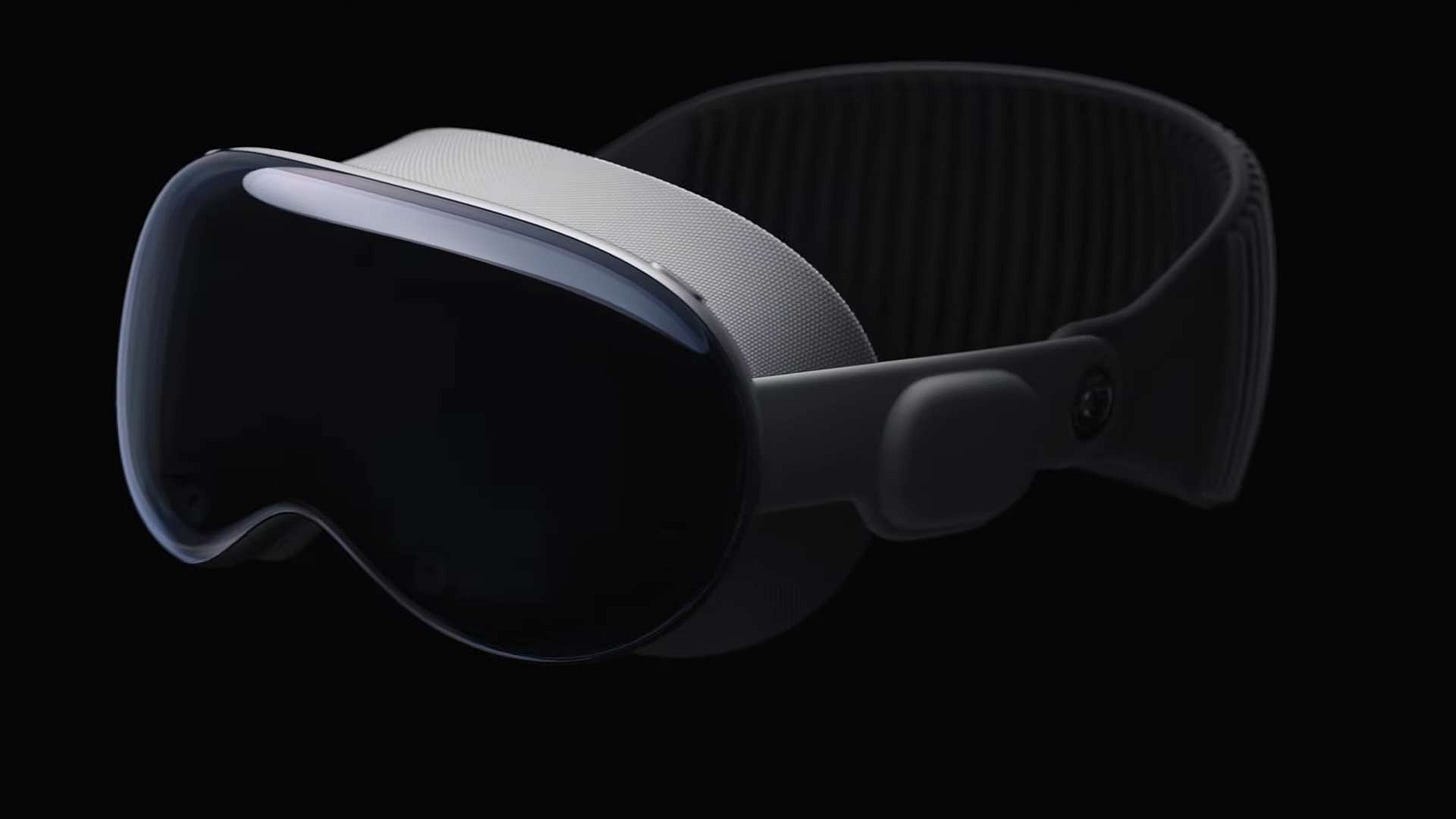Apple Vision Pro production targets reportedly scaled back ahead of 2024 release date
Apple isn't expecting to sell millions of Apple Vision Pro units
Apple has apparently scaled back its production targets for the Apple Vision Pro, its mixed reality headset that was shown off during WWDC 23.
The headset is due to release early next year and promises to bring Apple’s “spatial computing” vision to life. However, the Apple Vision Pro price of $3,499 means this is a device for the few, not the many – and it seems like the Cupertino-based company is aware of this.
According to the Financial Times, Apple has changed its internal sales target of one million units during the Vision Pro’s first year on the market to closer to around 400,00 units instead.
➡️ The Shortcut Skinny: Apple Vision Pro production targets
✋ Apple has reportedly scaled back its initial production target for Apple Vision Pro
📉 Apple will aim to ship 400,000 units instead of one million
💰 The mixed reality headset is set to release next year but costs $3,499
🏋️♀️ Some users have complained the headset is too heavy
Apple’s decision sounds awfully similar to one Sony reportedly made ahead of the PSVR 2’s launch. Bloomberg reported that Sony adjusted its launch shipment goal of two million units to around 1.5 million after disappointing pre-order numbers, but Sony said it hadn’t cut PSVR 2 production.
Since launching in February, the PSVR 2 is outselling the first PlayStation VR. Sony said sales are just shy of 600,000 units after six weeks on sale, an 8% increase on the original PSVR, but it appears sales have plateaued since.
Early testers of the Apple Vision Pro have complained it’s too heavy to be worn for long periods, which doesn’t bode well for a headset that’s supposed to replace your computer and home entertainment system. You’ll also probably be left with red marks on your face after using the Apple Vision Pro as it won’t fix that common problem with VR headsets.
Still, there’s plenty of time for Apple to tweak things, and this is very much seen as a first-generation product by many, not something that’s supposed to find mass market appeal.



